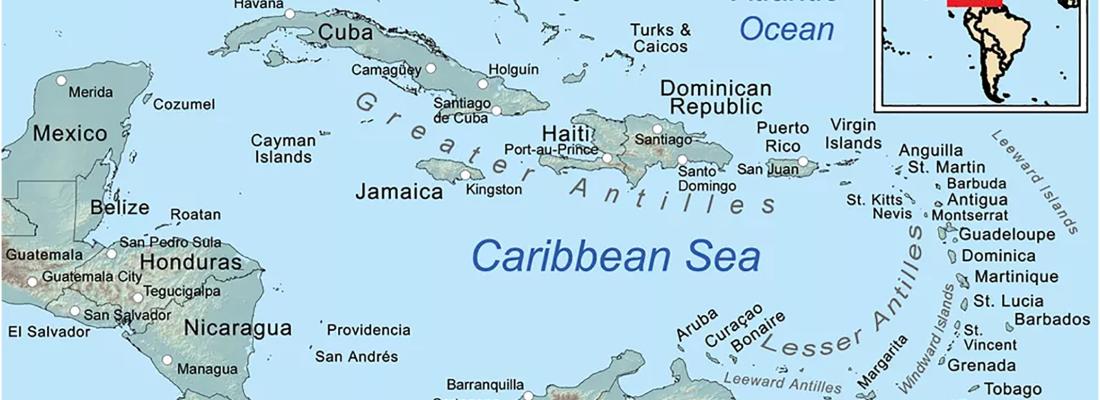What has the COVID-19 crisis taught us about food and agricultural systems in the Caribbean?
Published on 12 May 2021

In a region already affected by food insecurity and confronted with agricultural sustainability challenges, the COVID-19 pandemic came as a major shock. A study conducted by Jean-Marc Blazy, François Causeret and Sébastien Guyader—INRAE researchers from the Tropical Agrosystems (ASTRO) unit, —has made it possible to assess its immediate impact on food and agricultural systems in the Caribbean.
The results of online surveys conducted among farmers, households and experts in the region shed some light on the nature, strength and reversibility of the impact, but also revealed resilience factors in the face of the crisis.
A sudden and unprecedented shock
The COVID-19 pandemic has caused a severe health crisis and widespread blockages around the world. In the Caribbean, it was a shocking and unprecedented event. The health crisis, lockdown measures and sudden halt in tourism, as well as the downturn in import and export trade, affected both local and regional activities, with immediate socio-economic consequences.
The COVID-19 crisis has had a significant impact on Caribbean farmers, destabilising the agricultural systems. The main effects identified are a drop in income, production losses caused by problems with the traditional sales channels, and difficulties in managing farming systems due to limited access to supplies and labour.
For example, 69% of Guadeloupean farmers have experienced a drop in the volume of their production, 63% have been forced to expand short marketing channels, and more than a third have lost part of their production because they could not sell it.
Impact outside Guadeloupe
While these effects do not appear to be irreversible on an island like Guadeloupe, the situation is different in other islands of the region, where farmers have had to sell livestock, seek new off-farm income and sometimes sell land to cope.
The severe constraints brought about by the crisis have clearly affected the well-being of Caribbean populations, leading to a reduction in food diversity and intake and an increased dependency on family and social networks for support.
How has the crisis impacted local systems and how can we strengthen their resilience?
The study, which focuses on the Caribbean area, provides a basic understanding of the immediate effects and possible answers to this question.
First of all, it shows that there is a direct link between health and food security, and highlights the need to strengthen the farmer-consumer relationship in order to create more resilient food supply chains.
In response, farmers have developed several ways to adapt and become more self-reliant:
- Reducing the size of cultivated areas,
- Favouring short marketing channels,
- Diversifying production and focusing on the needs of the local market,
- Creating systems of mutual aid between farmers.
Researchers also revealed the effects of the crisis on consumer behaviour and their perception of the agricultural sector and its value, as evidenced by a reduction of food waste, an increment in the consumption of fresh and local products, changes in diet and the development of new products and vegetable gardens. Another positive effect of the crisis has been the strengthening of the relationship between farmers and the rest of the population.
This study proves the integration of agricultural and food systems in the territories. Thus, even if the crisis has had seriously damaging consequences, it could also be a trigger and catalyst for an agroecological transition and the development of a circular and territorialised bioeconomy that will strengthen the resilience of the agricultural and food systems in the Caribbean and help them to achieve their sustainability and food security objectives.
Reference
Blazy, J. M., Causeret, F., & Guyader, S. (2021). Immediate impacts of COVID-19 crisis on agricultural and food systems in the Caribbean. Agricultural Systems, 190, 103106. https://doi.org/10.1016/j.agsy.2021.103106
